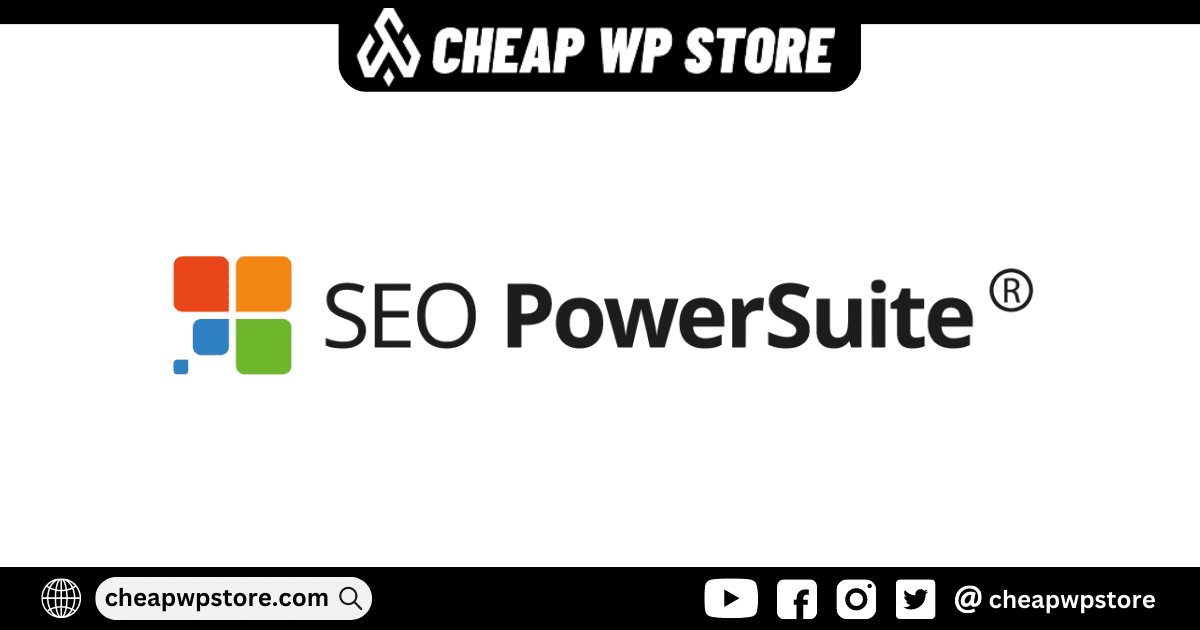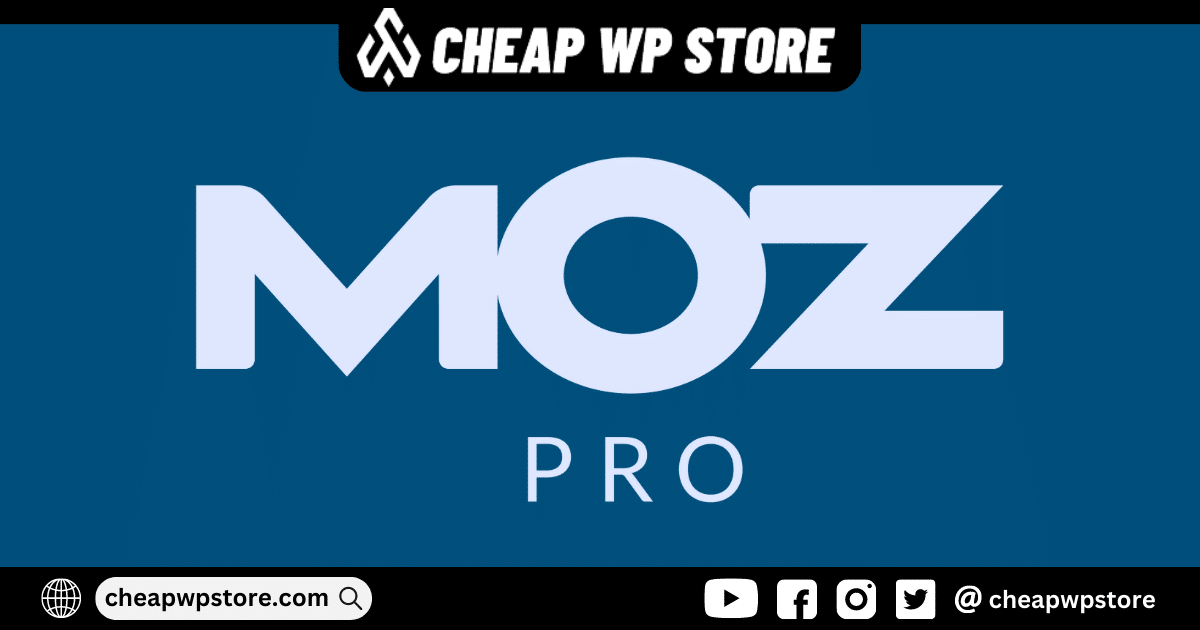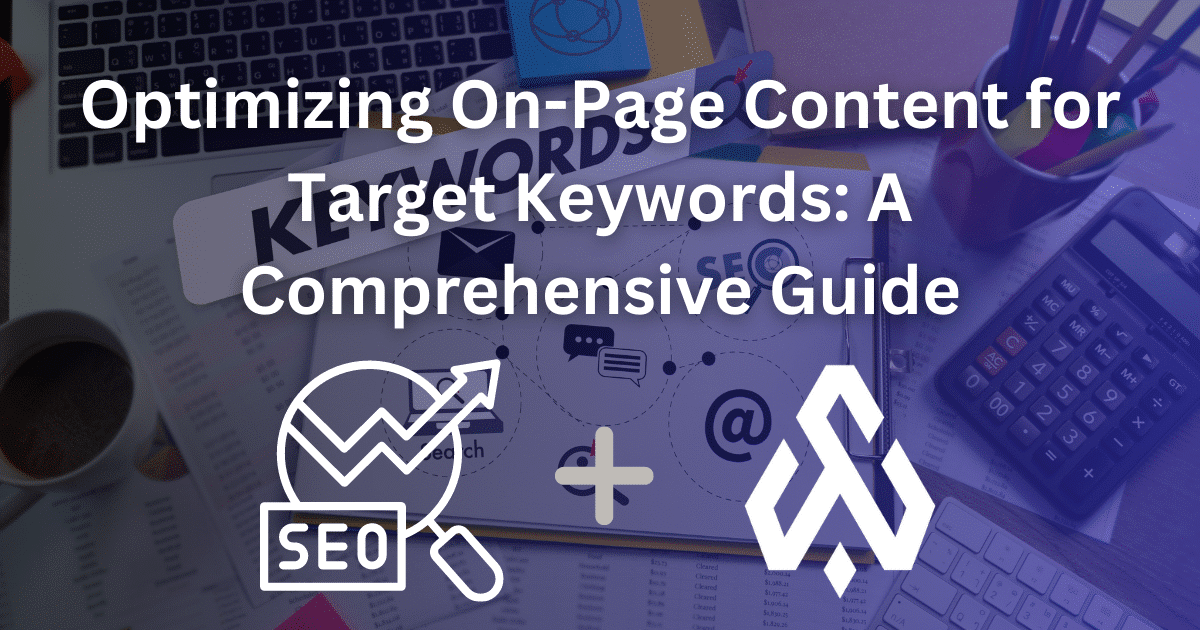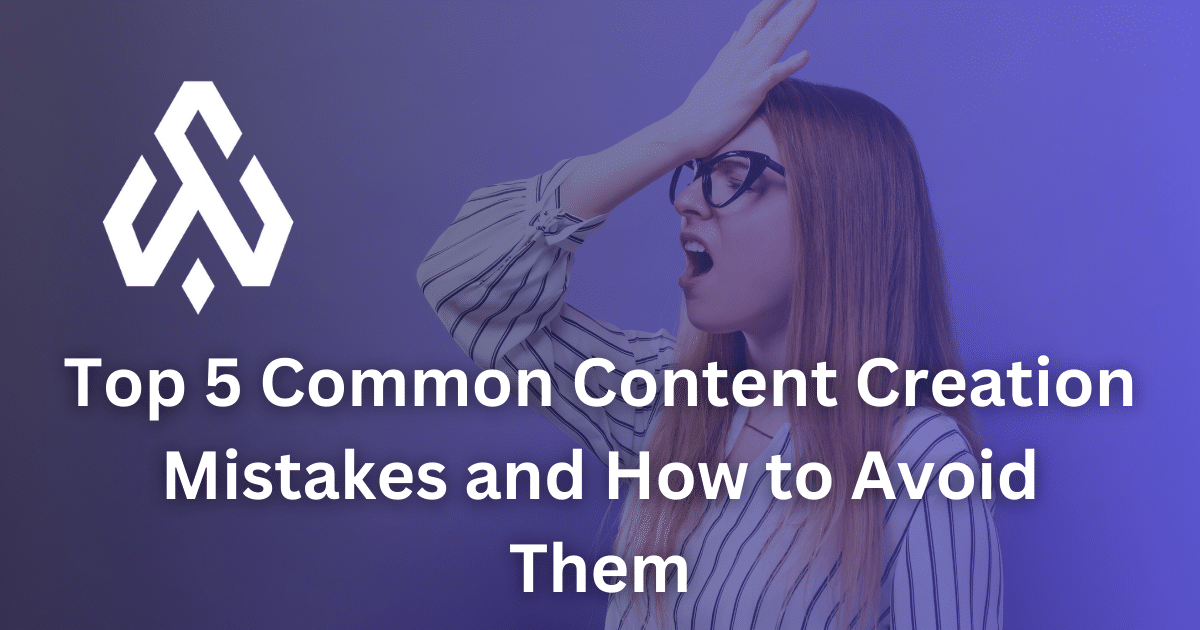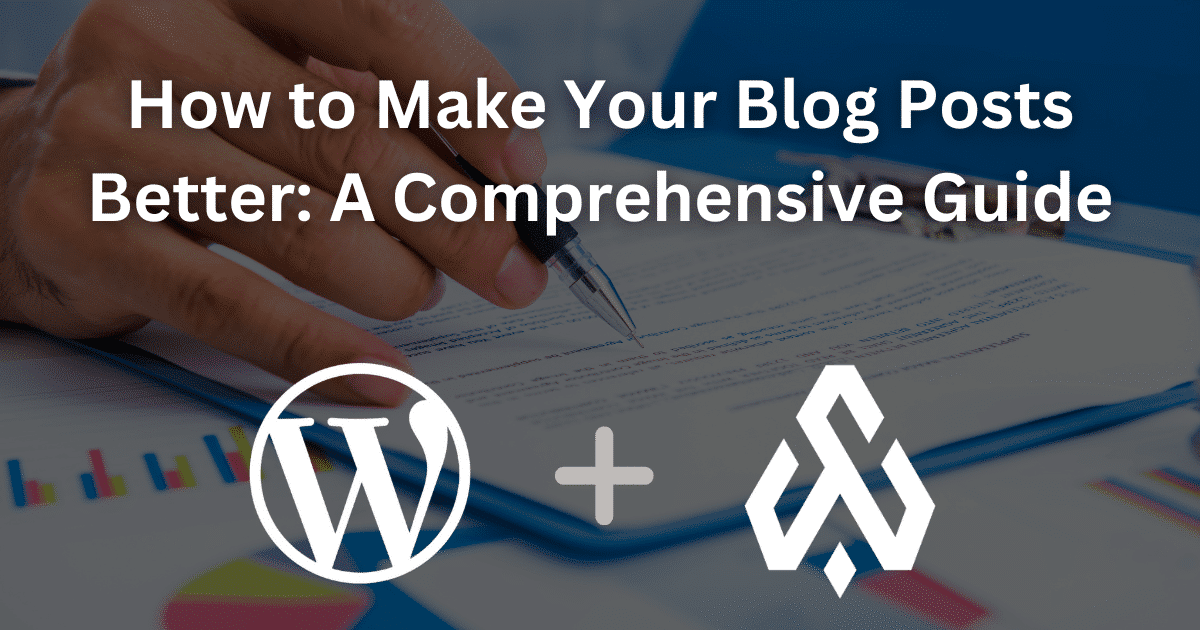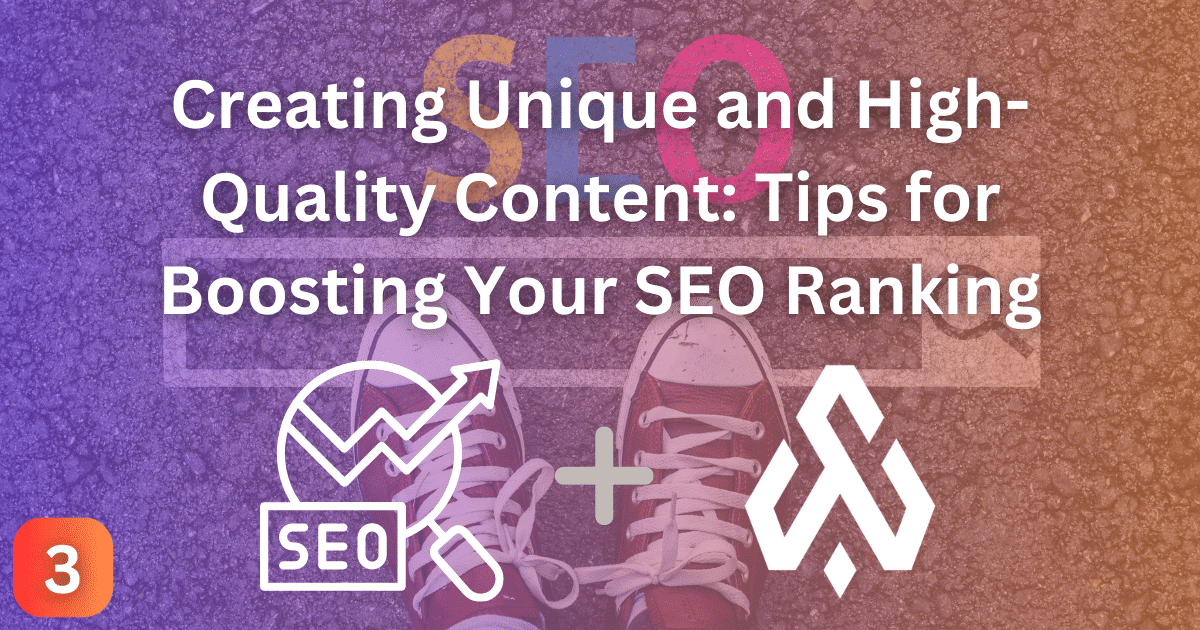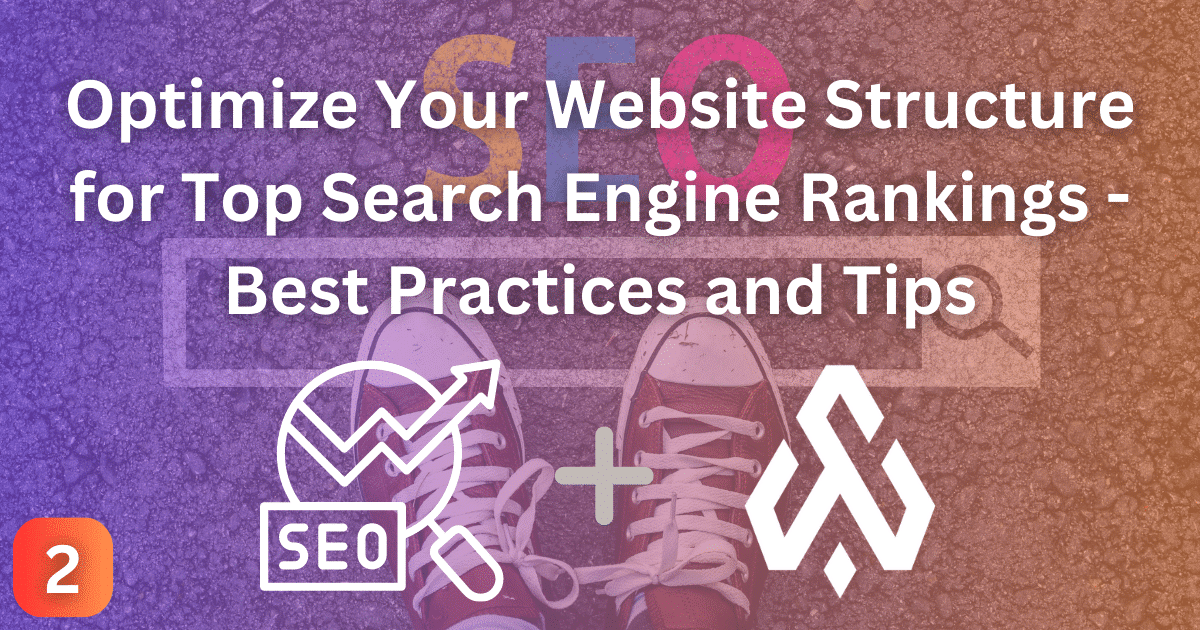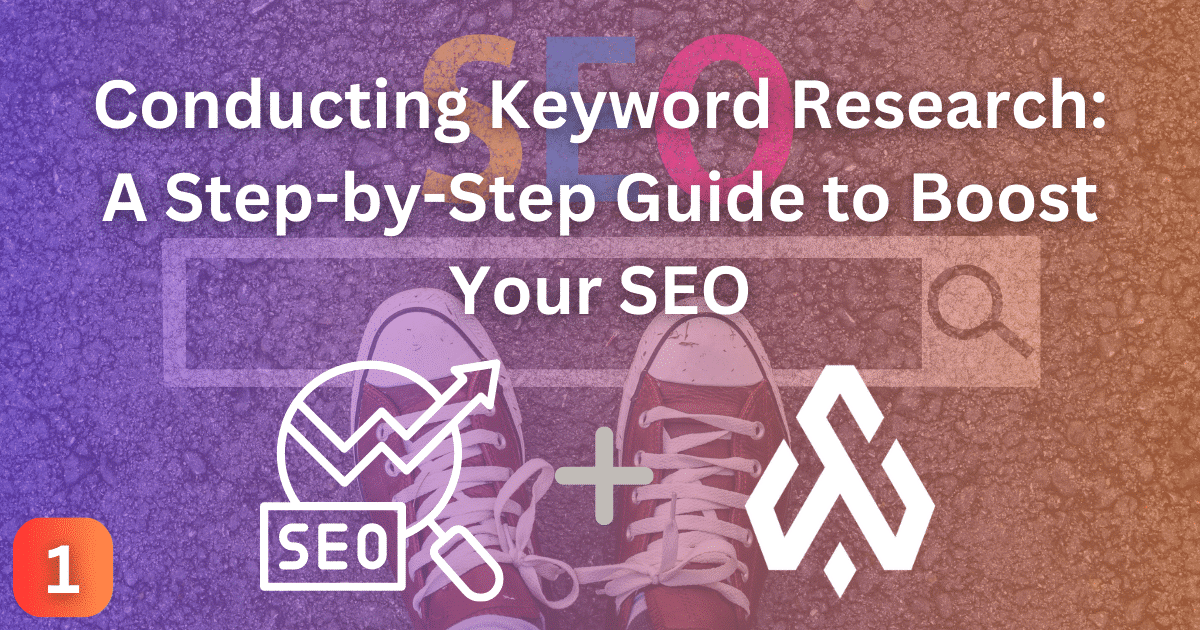Search engine optimization (SEO) is a critical aspect of any website’s success. By optimizing your website for search engines, you can improve your visibility and attract more traffic. However, SEO can be a complex and ever-changing field, which can make it challenging for website owners to keep up with the latest trends and best practices. In this guide, we’ll cover everything you need to know to optimize your website for search engines and achieve higher rankings.
Keyword Research:
Keyword research is the foundation of any successful SEO strategy. By researching and targeting the right keywords, you can attract more relevant traffic to your website. Start by brainstorming keywords and phrases that are relevant to your business and industry. Use keyword research tools like Google Keyword Planner or SEMrush to identify high-volume, low-competition keywords that you can target in your content.
If you’re looking to improve your website’s SEO, then conducting keyword research is a crucial step in the process. By understanding your target audience, analyzing keyword competitiveness, and optimizing your content with relevant keywords, you can drive more traffic to your site and achieve top rankings in search engine results pages. In our recent post, “Conduct Keyword Research: A Comprehensive Guide to SEO Strategy,” we share a step-by-step process for conducting effective keyword research and creating a successful SEO strategy. Check it out to learn more about how you can improve your website’s SEO and attract more targeted traffic to your site.
On-Page Optimization:
On-page optimization refers to the various techniques you can use to optimize individual pages on your website for search engines. This includes optimizing your meta tags, headers, content, and images. Use your target keywords in your page title, meta description, and header tags. Make sure your content is high-quality, informative, and relevant to your target audience. Use alt tags for your images to improve accessibility and include relevant keywords where appropriate.
Link Building:
Link building is a crucial aspect of off-page SEO, which involves building high-quality backlinks to your website from other authoritative websites. Backlinks signal to search engines that your website is reputable and trustworthy. Focus on building high-quality, relevant backlinks from authoritative websites in your industry. Avoid spammy link-building techniques like buying links or participating in link farms, which can result in penalties from search engines.
Adding Your Site to Search Engines
If you’re looking to improve the visibility and performance of your website, one of the most effective strategies is search engine optimization (SEO). By optimizing your website for search engines, you can improve your rankings in search results, drive more traffic to your site, and ultimately increase conversions and revenue.
There are a variety of techniques and best practices involved in optimizing a website for search engines, including conducting keyword research, optimizing on-page elements like title tags and meta descriptions, building high-quality backlinks, and creating engaging, relevant content.
If you’re new to SEO, or simply looking to brush up on your knowledge, I highly recommend checking out this recent blog post from [Your Website Name]. It provides an in-depth overview of the key strategies and tactics involved in optimizing a website for search engines, as well as tips for measuring and analyzing your results.
One important step in optimizing your website for search engines is to make sure it’s listed on the major search engines, including Google, Bing, and Yahoo!. To do this, you can submit your website’s URL to each search engine using their respective webmaster tools. Once you’ve submitted your site, the search engine will crawl and index it, making it visible in search results.
Whether you’re a business owner, marketer, or simply someone interested in improving the performance of your website, this post is a must-read. So, be sure to check it out and start optimizing your website for search engines today!
Conclusion:
- Conduct Keyword Research: Find out what keywords your target audience is using to search for your product or service.
- Optimize Your Website Structure: Use clear and concise page titles, meta descriptions, and headings. Use a clear hierarchy of headings (H1, H2, H3) to organize your content.
- Improve Site Speed: Optimize images, minify CSS and JavaScript files, and enable browser caching to improve site speed.
- Ensure Mobile Responsiveness: Make sure your website is optimized for mobile devices.
- Make Your Website Accessible: Ensure that your website is accessible to all users, including those with disabilities.
- Use Unique and High-Quality Content: Create original, high-quality content that provides value to your users.
- Optimize Images and Videos: Use descriptive file names and alt tags to optimize images and videos.
- Use Internal Linking: Link to other pages on your website to improve navigation and increase the time users spend on your site.
- Build Backlinks: Build high-quality backlinks from reputable websites to increase your website’s authority.
- Use Social Media: Use social media to promote your website and build your brand.
- Optimize URLs: Use descriptive URLs that contain keywords related to your content.
- Use Schema Markup: Use schema markup to provide additional information about your content to search engines.
- Monitor Your Analytics: Use analytics tools to track your website’s performance and make improvements over time.
- Update Your Content Regularly: Keep your website up to date with fresh, relevant content to improve your website’s authority.
- Use SSL: Use SSL to encrypt your website and improve security.
Remember, SEO is an ongoing process, and it’s essential to continually make improvements and monitor your website’s performance to achieve optimal results.
Optimizing your website for search engines requires time, effort, and a solid understanding of SEO best practices. By targeting the right keywords, optimizing your pages, and building high-quality backlinks, you can improve your online presence and attract more traffic to your website. Keep up with the latest trends and best practices to stay ahead of the competition and achieve higher rankings in search results.










